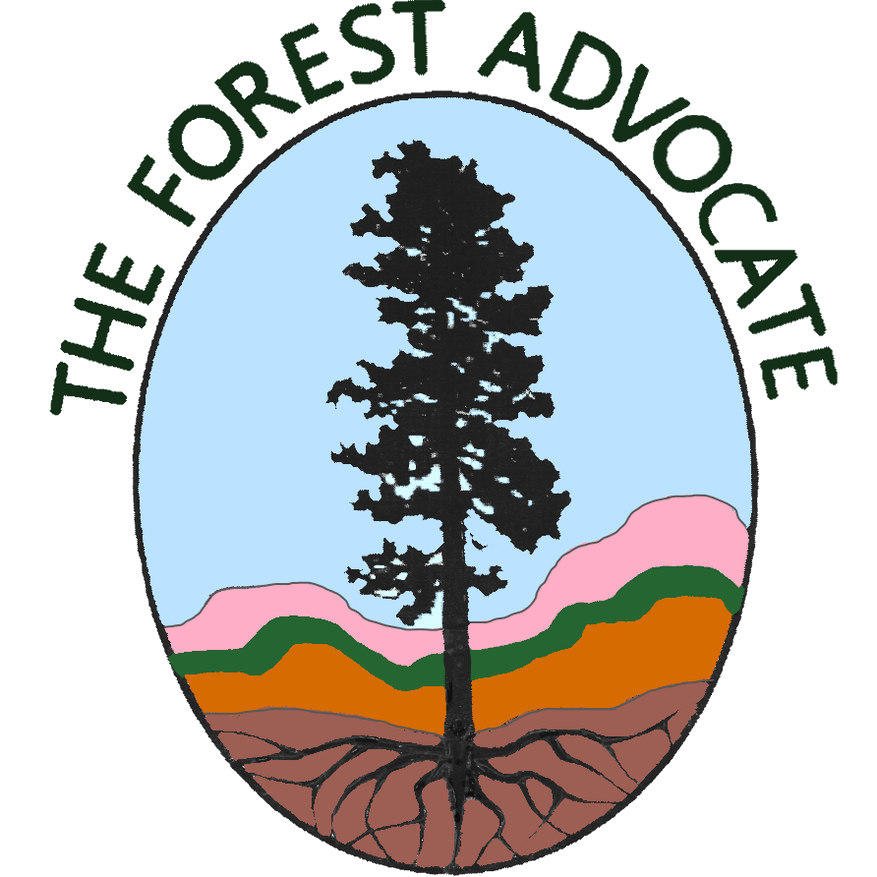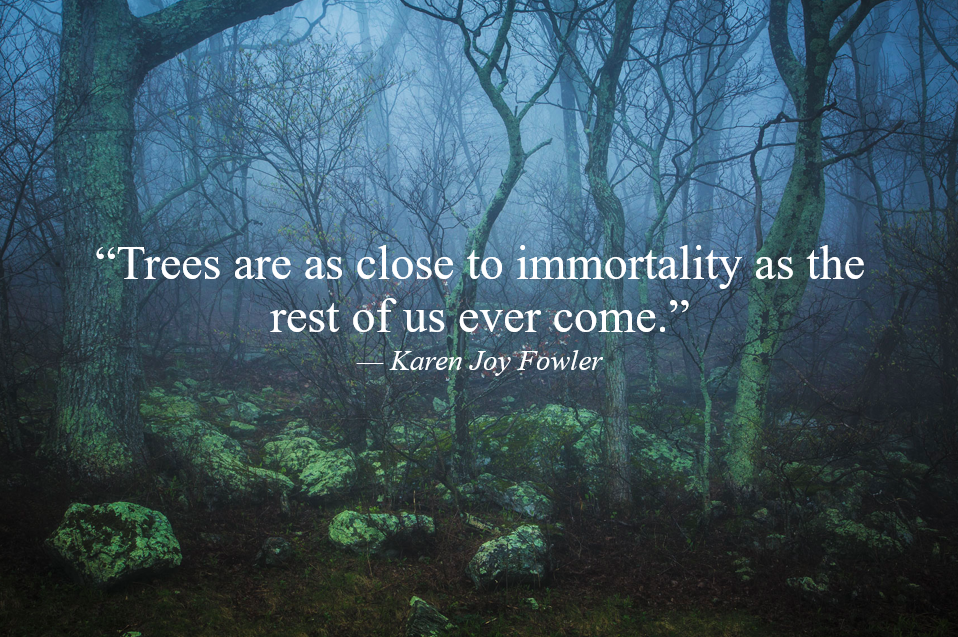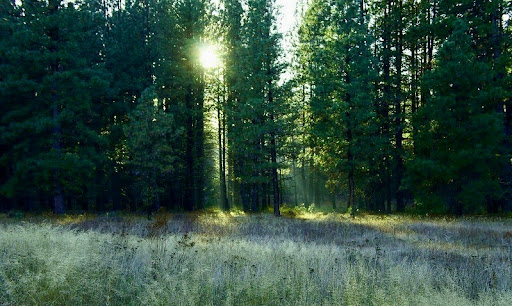|

|
|
|
|
Please sign a petition to protect our
mature and old-growth forests!
|

|
|
|
|
It’s time to take an extremely important step to protect our mature and old growth forests!
|
Mature and old growth forests are essential for the health of the planet, and they are critically important for slowing climate change. In a recent article in the The Conversation, Professors Beverly Law and Bill Moomaw explain:
|
|
|
Forests are an essential part of Earth’s operating system. They reduce the buildup of heat-trapping carbon dioxide in the atmosphere from fossil fuel combustion, deforestation and land degradation by 30% each year. This slows global temperature increases and the resulting changes to the climate. In the U.S., forests take up 12% of the nation’s greenhouse gas emissions annually and store the carbon long term in trees and soils.
Mature and old-growth forests, with larger trees than younger forests, play an outsized role in accumulating carbon and keeping it out of the atmosphere. These forests are especially resistant to wildfires and other natural disturbances as the climate warms.
|
|
|
|
Conserving forests is one of the most effective and lowest-cost options for managing atmospheric carbon dioxide, and mature and old-growth forests do this job most effectively. Protecting and expanding them does not require expensive or complex energy-consuming technologies, unlike some other proposed climate solutions.
Allowing mature and old-growth forests to continue growing will remove from the air and store the largest amount of atmospheric carbon in the critical decades ahead. The sooner logging of these forests ceases, the more climate protection they can provide.
|
|
|
|
My Administration will manage forests on Federal lands, which include many mature and old-growth forests, to promote their continued health and resilience; retain and enhance carbon storage; conserve biodiversity; mitigate the risk of wildfires; enhance climate resilience; enable subsistence and cultural uses; provide outdoor recreational opportunities; and promote sustainable local economic development.
|
|
The order further states that the administration will “develop policies, with robust opportunity for public comment, to institutionalize climate-smart management and conservation strategies that address threats to mature and old-growth forests on Federal lands.”
|
By this order, the Biden administration has made a commitment to protecting mature and old growth forests. However, it will require our efforts to ensure that this protection actually occurs.
|
This amendment is the first-ever national policy to protect old-growth forests on Forest Service-managed lands from commercial logging. It resets the national conversation around mature and old-growth forests and sets a baseline expectation that over time, the Forest Service will work to improve abundance and distribution of old-growth across the National Forest System.
|
While an important step forward, the meaning and outcomes of this process will depend on how far the public can push the agency and the Biden Administration to establish enforceable protections. As written, the amendment allows for numerous exceptions which permit commercial logging of old-growth, and it does nothing to protect mature forests, the old-growth of the future, from logging. The language must be strengthened, and protections for mature forests must be included.
|
The Forest Advocate has been largely focused on opposing overly aggressive thin-from-below tree cutting (cutting multitudes of “smaller” trees, although mature trees are often also cut, and sometimes even old-growth), which is generally followed by too-frequent prescribed burns. Such treatments often cause severe ecological damage. Protecting our forests on multiple levels is essential, and right now we have an important opportunity to protect mature and old-growth forests across the country, including in the Southwest.
|
Please help conserve mature and old-growth forests by signing a Climate Forests petition to comment on the old growth forest plan amendment. Comments are due by February 2, so sign on as soon as possible. If you want to write your own comments based on comments from the John Muir Project, and request a moratorium on logging in mature and old growth forest, go to this page.
|
And please enjoy “The Healthiest Forest,” a beautiful four minute animated film about the critical importance of old growth forests and how they are healthiest when left undisturbed.
|
|

|
Conboy Lake NWR, Washington – Photo credit: David Patte/U.S. Fish and Wildlife Service
|
|
|
|
|